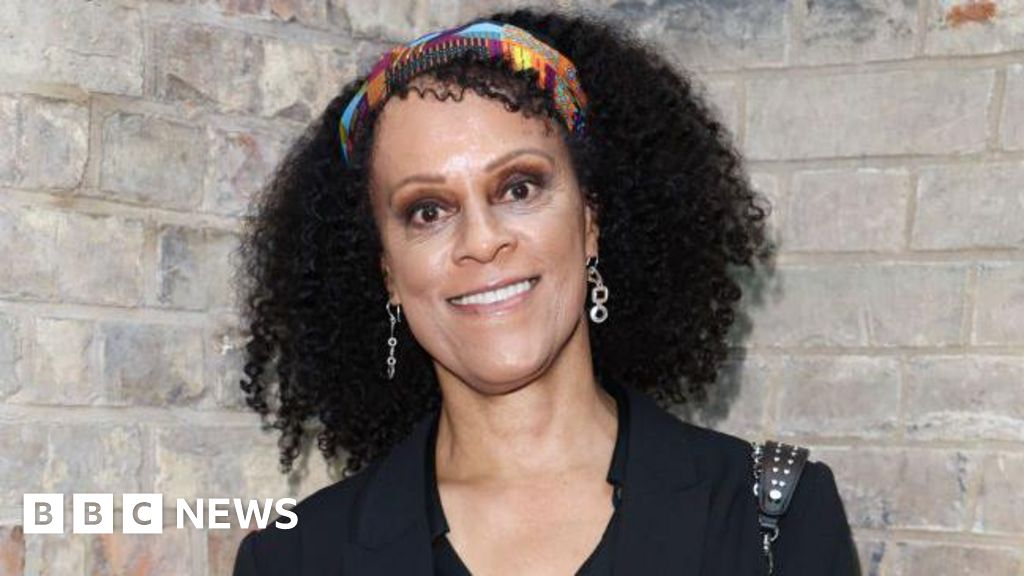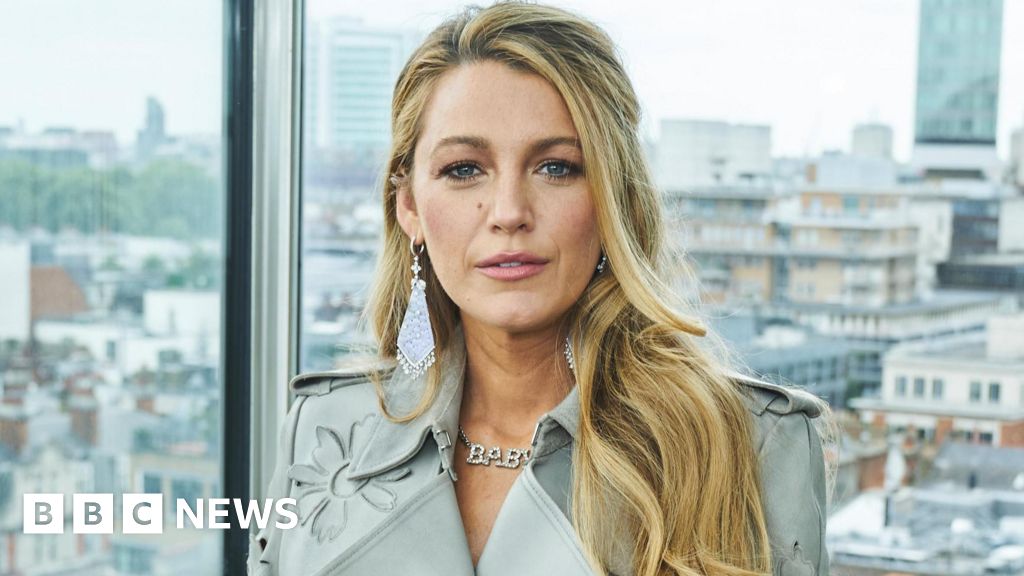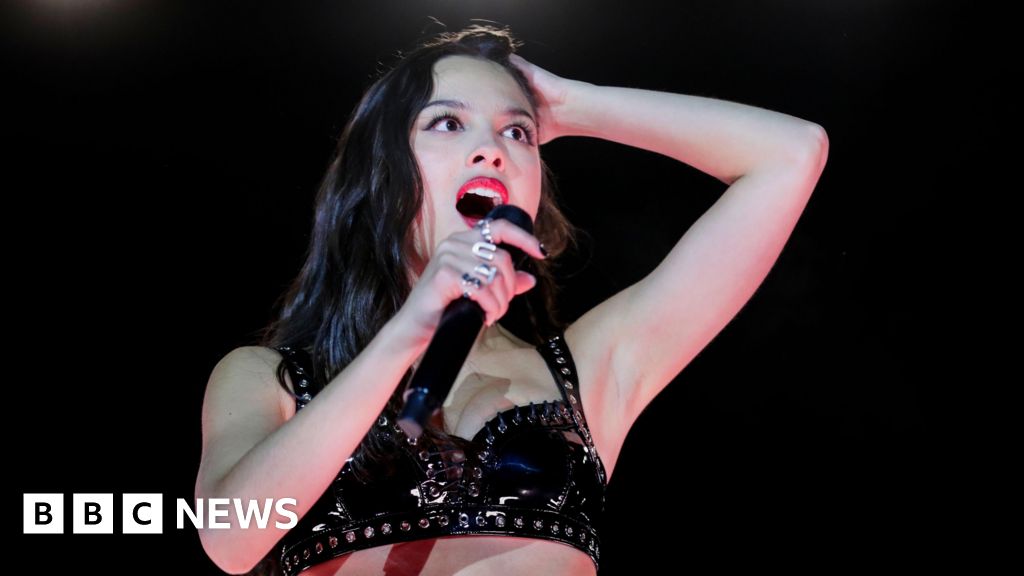ARTICLE AD BOX
It is harder than ever for the BBC to maintain impartiality amid the "culture wars" and a polarisation of online views, its director general has said.
The corporation has "done it pretty well for 99 years" and still is, Tim Davie has told a committee of MPs.
"I just think it's tougher now, by the way," he said on Tuesday. "I think the culture wars are raging, I think we've got a real battle on our hands.
"I walk a tightrope every day on this, but we've got to fight for it."
Impartiality is "sacrosanct", said Mr Davie, whose headaches over the issue since taking over a year ago have ranged from ruling on whether Newsnight's Emily Maitlis should have shared a tweet from Piers Morgan about the government's response to the pandemic to whether staff can attend Pride marches.
The BBC is "nothing if it's not a good facilitator of proper open debate and diverse views", he told the House of Commons media select committee.
'Mission critical'
"I think that's essential to us. It's mission critical. It's us, and it puts you in a very different place to where the rest of the world is heading in my view, which is a dangerous place around partial media.
"I and others feel very passionately about this. We're in a battle for this, and I think we need to really be clear that we're not perfect, we've got plenty of work to do to facilitate a space where we can properly debate these issues."
He said the BBC must hire people from across the political spectrum, even if they know they must leave their personal views at the door.
The hearing came after the appointment of former HuffPost UK editor Jess Brammar to a senior role in BBC News, despite a row over old tweets that were critical of Brexit and the government.
BBC director of news Fran Unsworth announced her resignation shortly before Ms Brammar was appointed executive editor of BBC news channels, but Mr Davie said her decision to leave had "nothing to do with the latest incident".
'Dangerous territory'
He added: "I just saw a senior hire in [BBC] online going to someone from The Daily Telegraph. We need to hire the best as the BBC and we need to hire across the political spectrum."
Referring to the choice of Ms Brammar, he said: "That is an incredibly important precedent and this affair is dangerous territory for us, not because of the process, but because if people begin doubting our ability to hire people with [political] views into the BBC, and when they get here they leave them at the door."
Mr Davie also admitted he worries about "institutional groupthink" arising from executives coming from similar backgrounds.
"We need to then make sure that the groups of people making decisions, the groups of people that we attract to the BBC, come from a wide socio-economic background [and] have a diverse range of views," he said.

 3 years ago
58
3 years ago
58








 English (US) ·
English (US) ·